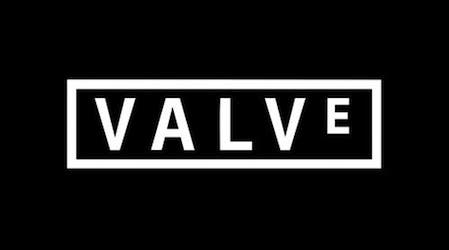Valve does have managers, says ex-Portal lead
Kim Swift offers her take on Employee Handbook leak.
The image of Valve as a manager-less utopia where staff have free rein to do as they please, as painted by its recently leaked Employee Handbook, is a little wide of the mark, according to former Portal lead designer Kim Swift.
Swift, who is now working on puzzle adventure Quantum Conundrum at Airtight Games, told Eurogamer that there is in fact a definable hierarchy at the studio, and for good reason.
"I guess for me, Valve as a company definitely has a lot more freedom for developers working there than a lot of other companies," she explained.
"But I disagree with the suggestion that they have no structure there. They do actually. They have management, there's the board of directors of the company, there's Gabe Newell. Those guys at the top of the company definitely have opinions on how things should be run.
"You can choose the project you want to work on but there are definitely people behind the scenes making decisions for the company. To me, that's normal. If it was a company where there was no structure at all I think things would run completely amok."
When asked how life at a more traditional studio compares to her time at Valve, Swift insisted she is happier in her new role.
"It's definitely a different attitude," she said.
"I think working at Airtight is actually a little more relaxed. I definitely feel at home here. One of the reasons I left Valve was that I wanted to see what else was out there and see if there might be a better fit for me personality-wise and I've really found it here."
However, she added that her split from Valve in 2010 was amicable - "I still have great relationships with those guys. I definitely didn't leave under any animosity."
Following the handbook leak, Valve boss Gabe Newell explained the company's unusual structure in an interview with Bloomberg last month.
"Managers are good at institutionalising procedures, but in our line of work that's not always good," he argued.
"Sometimes the skills in one generation of product are irrelevant to the skills in another generation. Our industry is in such technological, design and artistic flux that we need somebody who can recognise that."

